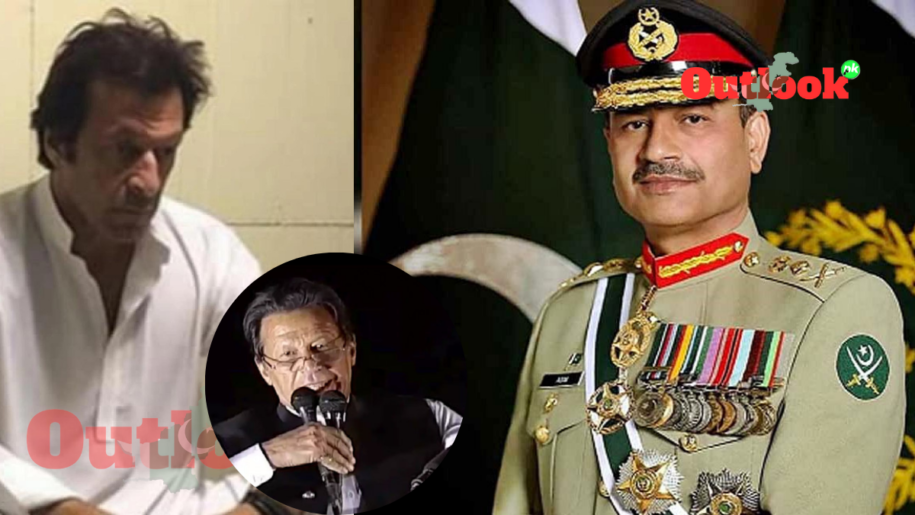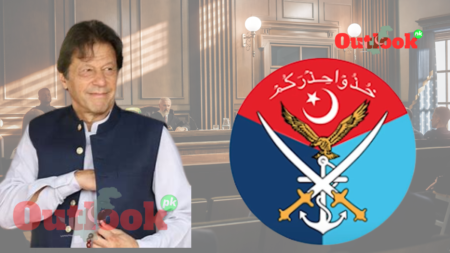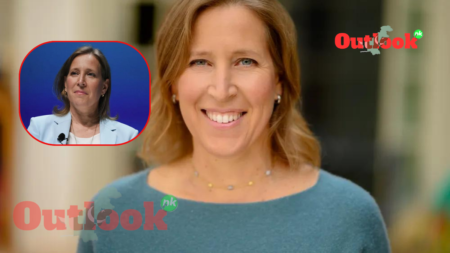Assalam Walekum, hope you all are well. I am thrilled to engage with your comments and feedback. It’s always refreshing to hear your thoughts, even from those who might not agree with our viewpoints. Remember, our objective is to present the truth as it is, without any embellishments.
The Political Landscape: PTI’s Recent Movements
Recently, PTI’s inner circle held a meeting and decided it was time for nationwide protests. They announced dates for workers’ conventions and received a provisional NOC to hold local gatherings. Overseas supporters were also encouraged to protest in places where it’s legally permitted, though not in countries like Saudi Arabia or the UAE.
The Dichotomy of Protest Locations
One interesting point to note is the planned protests in America. Despite past accusations of American conspiracies against Pakistan, PTI supporters are now encouraged to protest there. This raises questions about the consistency of their stance, especially when considering the historical context of Western interventions in Muslim states.
Imran Khan’s Strategic Statements
In a recent interview, Imran Khan refrained from blaming America, likely to avoid contradicting the narrative that PTI supporters should rally in the US. This strategic silence seems aimed at avoiding any diplomatic fallout while leveraging international protests to pressure the Pakistani government.
The Role of Social Media in PTI’s Strategy
A significant part of PTI’s strategy revolves around social media. It’s decentralized, with around 30,000 individuals managing content without a central structure. This has led to issues with unverified information being spread, which can be problematic for the party’s credibility.
Decentralization Challenges
The lack of a centralized fact-checking body means that misinformation can easily spread. This was highlighted when PTI’s social media accounts were accused of spreading false reports. This decentralization also means that any member, regardless of their factual accuracy, can influence the party’s narrative.
Social Media: A Double-Edged Sword
Sher Afzal Marwat pointed out that PTI’s social media wing often blacklists individuals, essentially acting as a weapon for Imran Khan. This has led to internal conflicts and public misinformation. Furthermore, attributing terrorism to social media is a dangerous and misleading approach, considering Pakistan’s sensitive context regarding terrorism.
The Bigger Picture: Western Influence and Pakistani Democracy
The larger issue at hand is the influence of Western countries on Pakistani politics. Historically, America has been involved in installing dictators and removing democratic governments in Pakistan. Today, PTI supporters protesting in the US highlights a complex relationship between enjoying the privileges of these countries while criticizing their past actions.
The Conspiracy Theories
Many believe that leveraging Western support is a conspiracy to undermine democracy in Pakistan. This perspective suggests that external forces, including Western nations, have historically prevented the establishment of a stable democracy in Pakistan by supporting military regimes and undermining democratic movements.
The Irony of Seeking Western Support
While PTI supporters enjoy the freedoms and privileges of living in Western countries, they also protest against these very nations’ past interferences in Pakistan. This irony points to a deeper issue of how political narratives are crafted and sustained based on current needs and historical contexts.
FAQs: Addressing Common Questions
Q1: Why does PTI encourage protests in Western countries like the US and UK?
PTI encourages protests in Western countries to leverage international pressure on the Pakistani government. By rallying support abroad, they aim to create a global spotlight on domestic issues.
Q2: How does decentralization impact PTI’s social media strategy?
Decentralization means that there is no central body to fact-check or verify information. This can lead to the spread of misinformation, affecting the party’s credibility and coherence.
Q3: What are the implications of PTI’s protests in America?
Protests in America, despite past accusations against the country, suggest a strategic move to gain international attention and pressure the Pakistani government. It also reflects the complex relationship between enjoying Western privileges while criticizing their historical actions.
Q4: How has Western influence impacted democracy in Pakistan?
Western countries, particularly the US, have historically influenced Pakistani politics by supporting military dictatorships and undermining democratic governments. This has had long-term effects on the stability and development of democracy in Pakistan.
Conclusion: Navigating the Complexities of Political Narratives
The current political scenario in Pakistan is a testament to the complexities of political narratives. PTI’s strategies, especially regarding social media and international protests, highlight the multifaceted nature of modern politics. As we navigate these waters, it’s crucial to stay informed and critically analyze the information presented to us.
Final Thoughts
Engaging with differing opinions and understanding the broader context is essential in forming a well-rounded perspective. As PTI and other political entities continue to evolve, so must our approach to understanding and participating in the political process.







